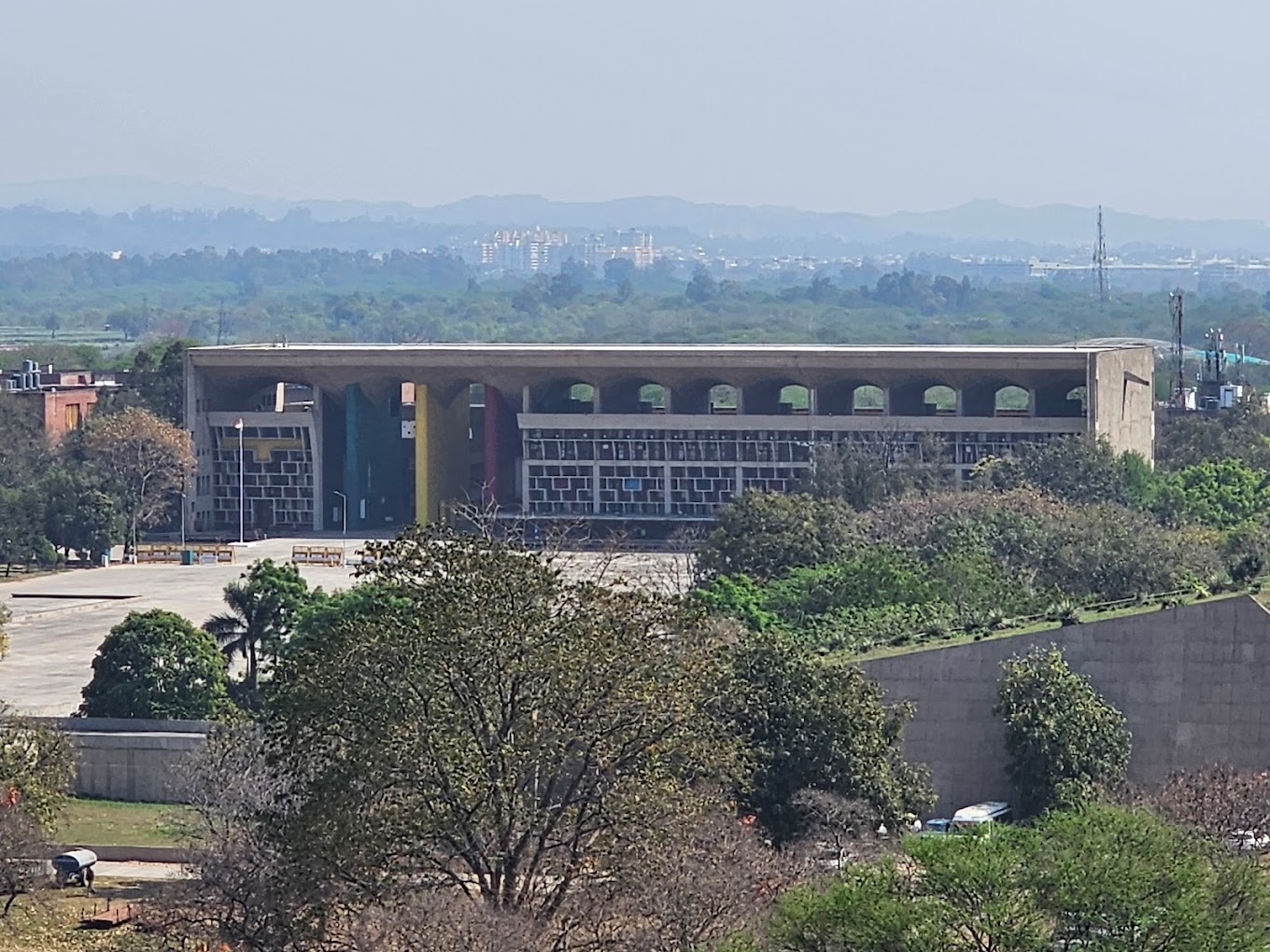A Division bench of the Punjab & Haryana High Court comprising Justice Harsimran Singh Sethi and Justice Vikas Suri held that a disability not noted at the time of entry into military service is presumed to be attributable to or aggravated by service, and the disability pension must be granted by rounding off the percentage from 20% to 50%.
Background Facts
The respondent was enrolled in the Army on 14.12.1984 after being found medically fit. He rendered more than 28 years of service. He was discharged from duty on 31.12.2012. During his service, he developed the disability “PIVD L4-5 & L5-S1,” which was assessed at 20% by the Medical Board. The Medical Board opined that the disability was neither attributable to nor aggravated by military service. Thereafter the respondent approached the Armed Forces Tribunal. By order dated 02.02.2022, the Tribunal allowed his claim. It granted him disability pension by rounding off the disability element from 20% to 50% for life.
Aggrieved by the Tribunal’s order, the Union of India filed the writ petition before the Punjab and Haryana High Court challenging the grant of disability pension to the respondent.
It was submitted by the petitioners that the Armed Forces Tribunal committed error in granting disability pension to the respondent by rounding off his disability element from 20% to 50%, despite the opinion of the Medical Board that the disability “PIVD L4-5 & L5-S1” was neither attributable to nor aggravated by military service. The petitioners further contended that once the Medical Board had given its finding, the respondent was not entitled to any disability pension, and the Tribunal failed to appreciate this aspect in its correct perspective.
On the other hand, it was submitted by the respondent that at the time of his enrolment in the Army he was medically examined and no disability was recorded in his service documents. He rendered more than 28 years of service during which the disability developed only during the course of duty. Therefore, it is to be presumed as attributable to or aggravated by military service. The respondent further relied upon the judgment of the Supreme Court in Dharamvir Singh vs. Union of India where it was held that if no disease is noted at the time of entry, any subsequent disability must be connected with service conditions.
Findings of the Court
It was observed by the Court that the respondent had served for more than 28 years in the Army. At the time of his enrolment in 1984, he was medically examined and was found fit in all respects, with no disease noted in his service record. That the disability “PIVD L4-5 & L5-S1” was detected during his service period.
The case of Dharamvir Singh vs. Union of India was relied upon by the court wherein it was held by the Supreme Court that under the Entitlement Rules for Casualty Pensionary Awards, 1982, a member of the armed forces is presumed to be in sound physical and mental health at the time of joining service unless a note of pre-existing disease is recorded. Rules 5 and 9 confer a presumption that any subsequent deterioration in health is attributable to service. Further Rule 423(a) clarifies that the nature of posting whether in field or peace area is immaterial. Therefore, in the absence of contrary evidence, the personnel’s disability must be deemed to have a connection with military service.
Further the case of Union of India vs. Ram Avtar was relied upon by the court wherein it was held by the Supreme Court that any officer serving in the Armed Forces, who had undergone the medical examination at the time of his/her selection and was found fit, subsequently upon suffering a disability, is entitled to the benefit of disability pension by rounding off the same as the presumption would be that the disability suffered is attributable to the Military service.
It was held by the court that the Medical Board had failed to give any reasoned findings while concluding that the disability was neither attributable to nor aggravated by military service. It was further held that the benefit of rounding off is applicable to all Armed Forces personnel who suffer disability during service. Hence, the disability assessed at 20% was required to be rounded off to 50%. Therefore, the Tribunal’s decision to extend the benefit of disability pension to the respondent was upheld by the court.
With the aforesaid observations, the writ petition filed by the Union of India was dismissed. Further the Armed Forces Tribunal’s order granting disability pension to the respondent was upheld. Thus, the petitioners (Union of India) were unsuccessful, and the respondent (Ex. Sub Dilawar Singh) emerged successful.
Case Name : Union of India and others vs Ex. Sub Dilawar Singh and another
Case No. : CWP No. 13901 of 2025
Counsel for the Petitioner : Akash Vashisth, Central Government Counsel
Counsel for the Respondents : Roopan Atwal, Advocate with Srishti Sharma, Advocate for Navdeep Singh

